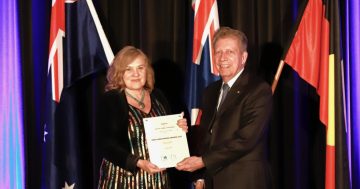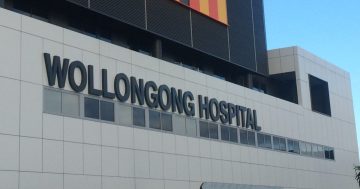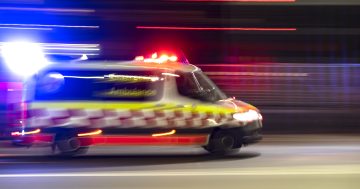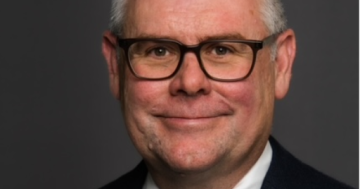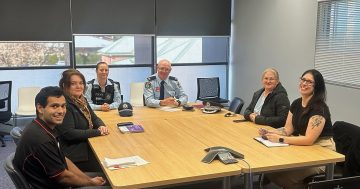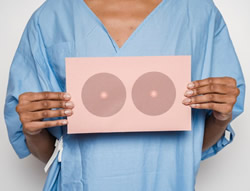 NSW Health broke its record for screening for breast cancer in a single month in May, when 37,000 women arranged mammograms at the Department’s BreastScreen NSW clinics.
NSW Health broke its record for screening for breast cancer in a single month in May, when 37,000 women arranged mammograms at the Department’s BreastScreen NSW clinics.
According to the Department, it was the highest number of women ever screened for breast cancer in a single month in BreastScreen’s history.
Meanwhile, more than 371,000 women lined up for a mammogram during the 2022-23 financial year – the highest number of women ever screened in a single year since BreastScreen NSW began operating in 1991.
Acting Premier, Prue Car responded to the numbers saying that around one in seven women were expected to develop breast cancer “but we know early detection saves lives.”
“We continued to see high numbers of women being screened throughout June and I encourage all eligible women to keep the momentum going and not wait until it’s too late,” Ms Car said.
“If you’re over 50 and haven’t had a mammogram since June 2021 – don’t wait for a letter in the mail,” she said.
“Pick up the phone or go online to book in your breast screen – it could save your life.”
She said mammogram bookings were also at an all-time high during May, with more than 42,000 eligible women making an appointment at one of BreastScreen NSW’s more than 250 clinics and mobiles sites in NSW.
“It is a significant rebound from the record low screening rates seen in 2020 and 2021, as the health system responded to the worst of the COVID-19 pandemic.
Crucially, peak numbers of Aboriginal and culturally and linguistically diverse (CALD) women were also screened for breast cancer throughout May.’
Health Minister, Ryan Park said it was known that mammograms were the most effective way to detect breast cancer early.
“So it’s really encouraging to see so many women return to BreastScreen NSW after the disruptions caused by the COVID-19 pandemic,” Mr Park said.
”Record numbers of women from metro, regional and remote NSW had a breast screen in May, which is an increase of nearly 15% compared with the same period in 2019.
“NSW has one of the highest survival rates for most cancers, and that’s due in part to programs like BreastScreen,” he said.
More information about screening breast, bowel and cervical cancer can be accessed at this PS News link.


